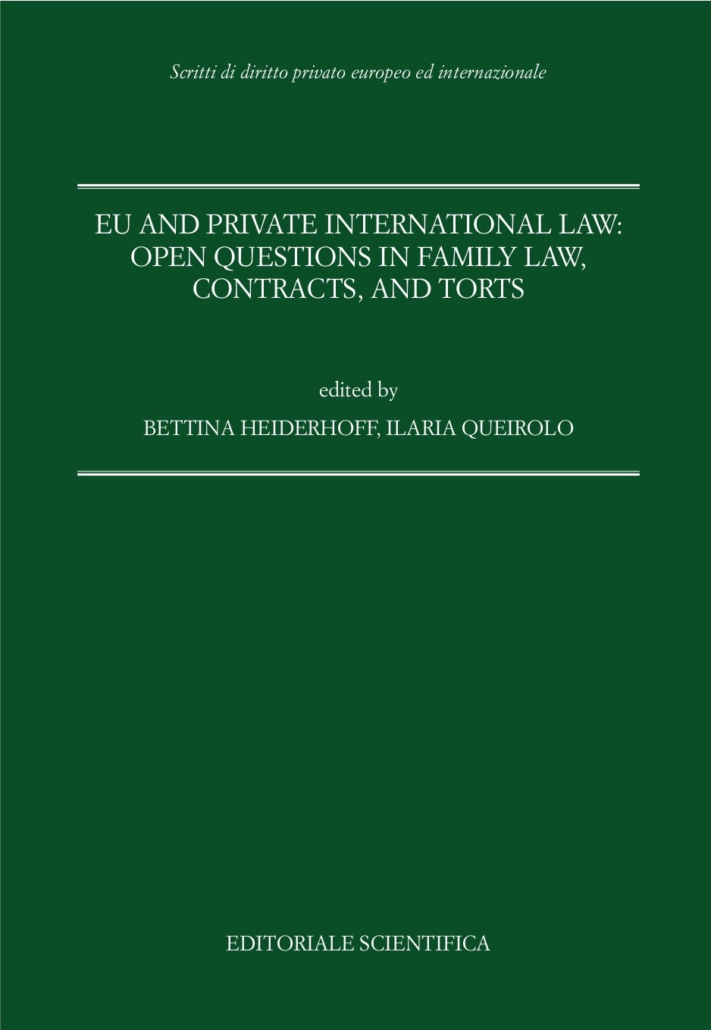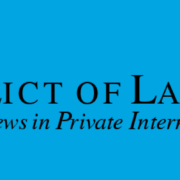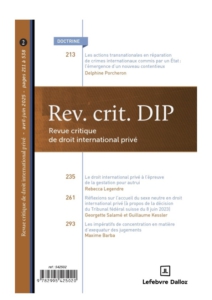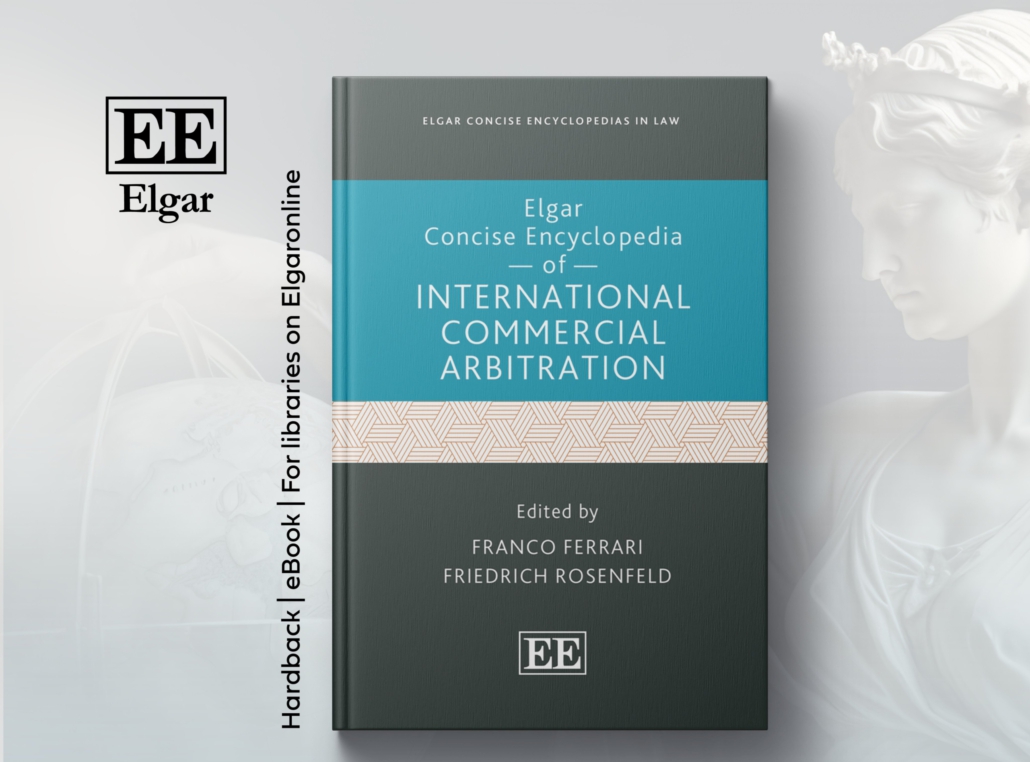Conventions & Instruments
On 1 July 2025:
- The 2019 Judgments Convention entered into force for the United Kingdom. At present, 33 HCCH Members are either bound by the 2019 Judgments Convention or a Contracting Party for which the Convention has not entered into force yet (Albania, Andorra, and Montenegro). More information is available here.
- The 1996 Child Protection Convention entered into force for El Salvador. The Convention currently has 57 Contracting Parties. More information is available here.
- The 2007 Child Support Convention entered into force for Colombia. At present, 55 States and the European Union are bound by the 2007 Child Support Convention. More information is available here.
- The 2005 Choice of Court Convention entered into force for Bahrain. At present, 37 States and the European Union are bound by the 2005 Choice of Court Convention. More information is available here.
On 5 July 2025, the 1970 Evidence Convention entered into force for the Philippines. The Convention currently has 69 Contracting Parties. More information is available here.
On 24 July 2025, the Republic of Moldova acceded to the 1970 Evidence Convention. The Convention currently has 69 Contracting Parties. More information is available here.
Publications
On 22 July 2025, the Permanent Bureau announced the publication of the fifth editions of the Practical Handbooks on the Operation of the 1965 Service and 1970 Evidence Conventions. Incorporating recent developments, court decisions, and practical examples provided by experts from around the world, as well as updates from the meeting of the Special Commission held in July 2024, the fifth editions of the Handbooks are essential resources for anyone involved in the implementation and operation of the 1965 Service and 1970 Evidence Conventions. More information is available here.
Meetings & Events
On 10 July 2025, the Permanent Bureau of the HCCH and the Asian Business Law Institute co-hosted the webinar “Cross-border Commercial Dispute Resolution – Electronic Service of Documents and Remote Taking of Evidence”. More information is available here.
On 11 July 2025, the first meeting of the Working Group dedicated to the Model Forms for Chapter II of the 1970 Evidence Convention was held online, hosted by the Permanent Bureau. More information is available here.
Other Developments
On 9 July 2025, the premises of the HCCH’s Regional Office for Africa, hosted by the Kingdom of Morocco, were officially opened in Rabat. More information is available here.
On 10 July 2025, the Permanent Bureau of the HCCH announced several developments with regard to the HCCH’s International Child Abduction Database (INCADAT), including the launch of its new notification service. More information is available here.
These monthly updates are published by the Permanent Bureau of the Hague Conference on Private International Law (HCCH), providing an overview of the latest developments. More information and materials are available on the HCCH website.



 Written by Hadrien Pauchard (assistant researcher and doctoral student at Sciences Po Law School)
Written by Hadrien Pauchard (assistant researcher and doctoral student at Sciences Po Law School)


